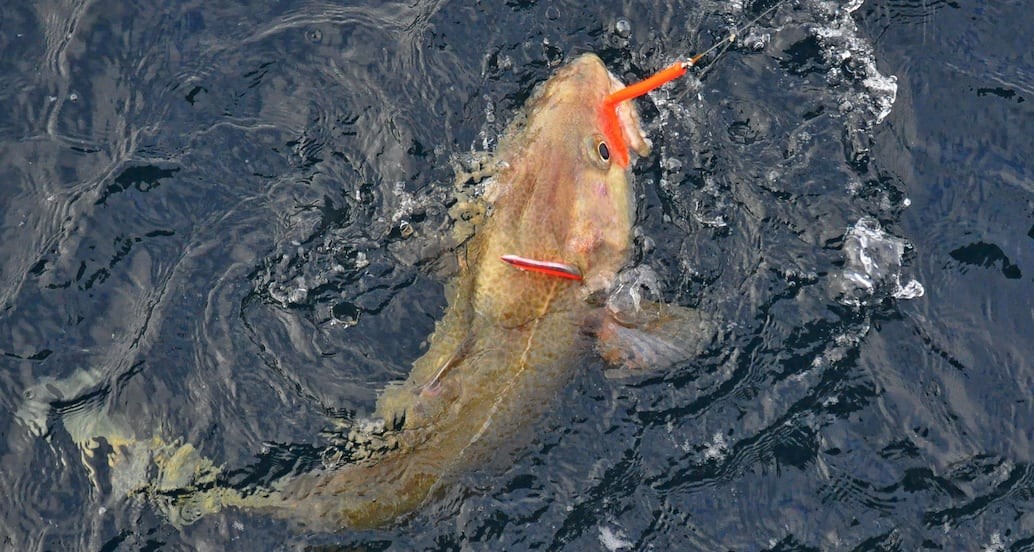The role overfishing played in the evolution of codfish in the late 20th century has been highlighted by new research.
The research, published in the Philosophical Transactions of the Royal Society B: Biological Sciences, found that Atlantic cod devolved new traits quickly in response to pressures from overfishing.
The scientists found that cod developed evolutionary advantages in a little more than 100 years. They started to mature earlier, and remain at a smaller size. This gave the codfish the advantage of being able to procreate sooner and not be singled out for fishing.
According to Malin Pinsky, senior author on the study and an associate professor in the Department of Ecology, Evolution and Natural Resources at Rutgers School of Environmental and Biological Sciences (SEBS):
“The discovery was made possible by new technology that allowed us to extract and read the genetic code of cod, some caught more than 110 years ago, as well as new analytical techniques that detect subtle changes in that genetic code.”
While study first author and postdoctoral associate in the Department of Ecology, Evolution and Natural Resources at SEBS Brendan Reid added:
“We have now been able to demonstrate that many genes throughout the genome did shift in the same way in cod from both sides of the Atlantic Ocean over the past 100 years. This suggests that cod did indeed evolve in response to fishing through small changes in many genes, something we didn’t have clear evidence for before in any overfished species. Since evolution in response to fishing happened through lots of small changes in many genes rather than large changes in one or two genes, and cod have maintained most of their genetic diversity, it will be easier for cod to evolve back towards their previous pattern of slower growth at large sizes. The fact that cod populations are rebounding and shifting back towards previous patterns of growth suggests, given proper management, this fishery can return to its previous state and provide a sustainable source of food for a large number of people and a source of income for coastal communities that heavily depend on fishing.”
You can find the original research here.

